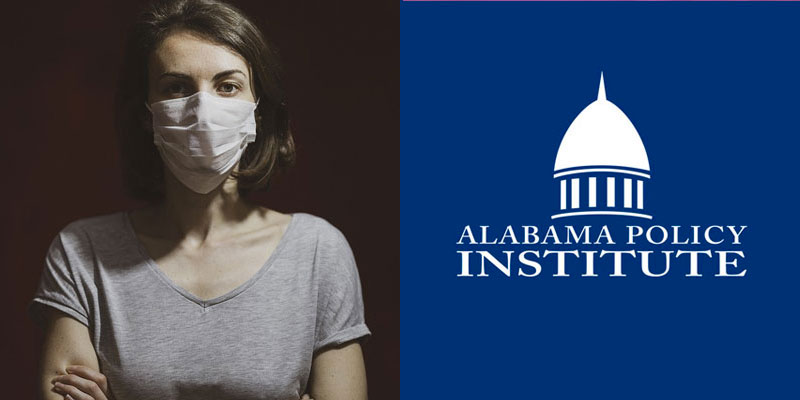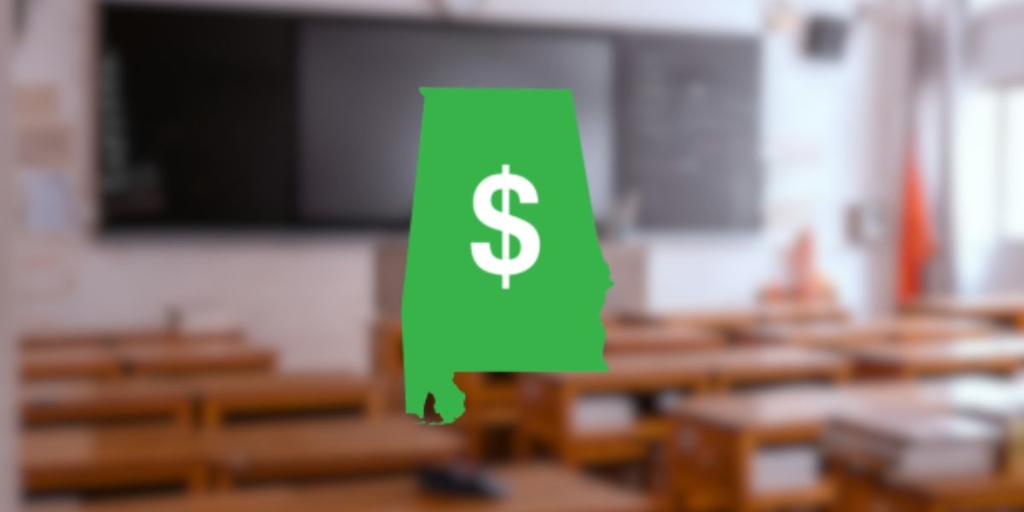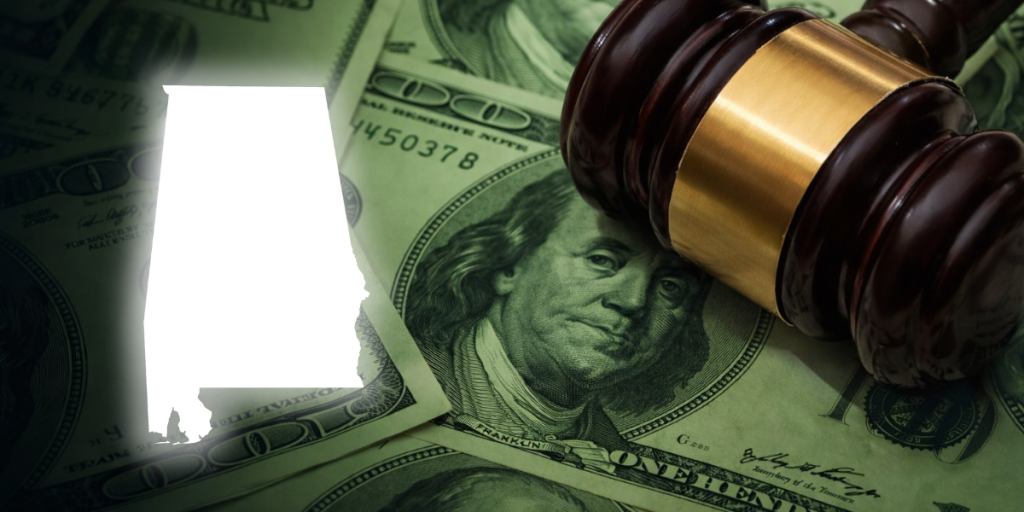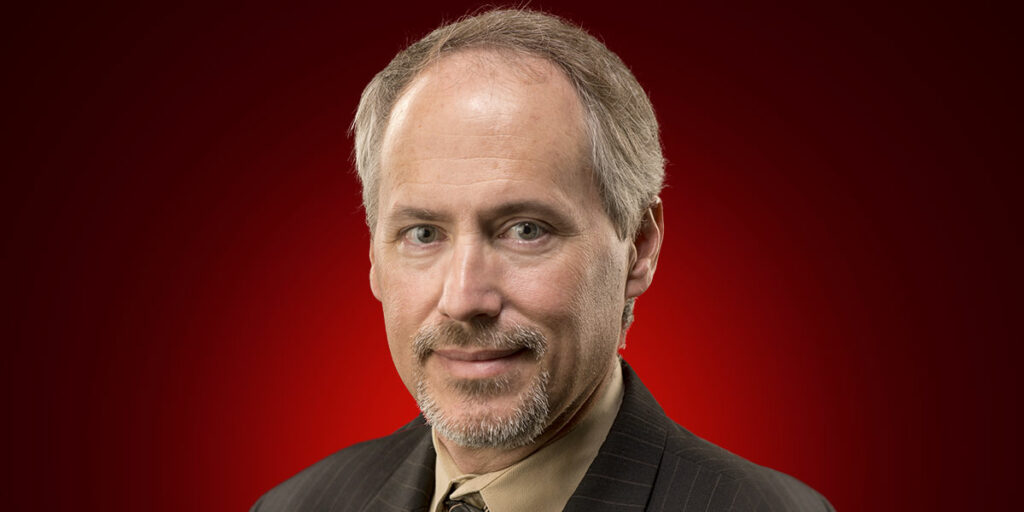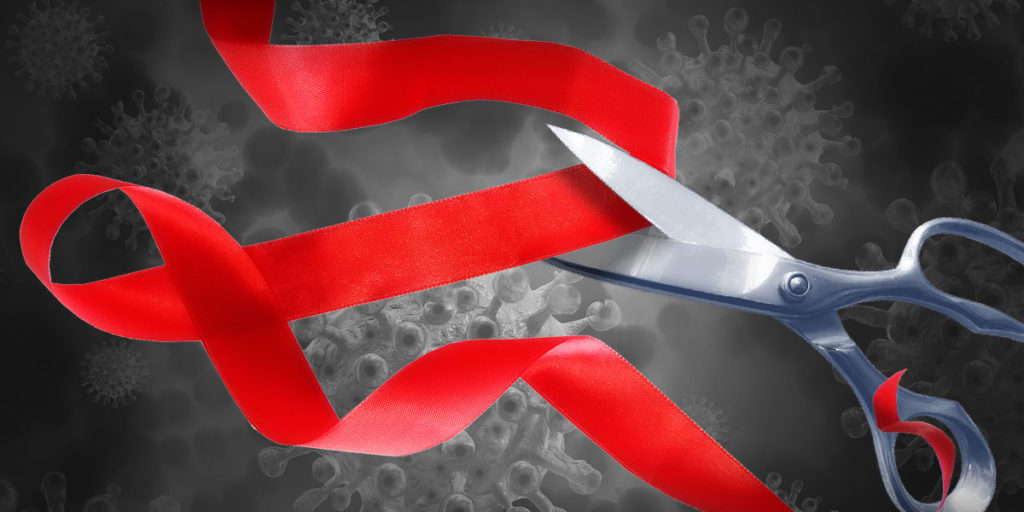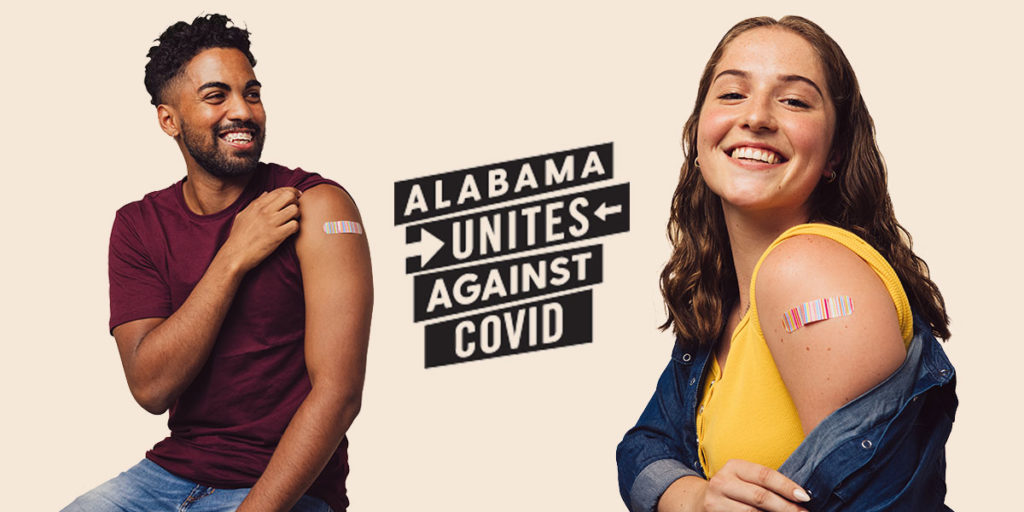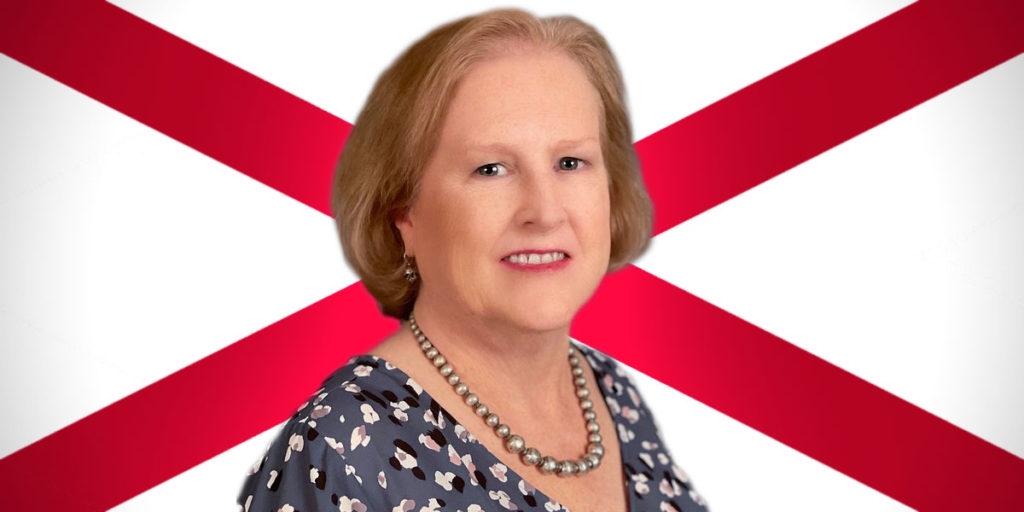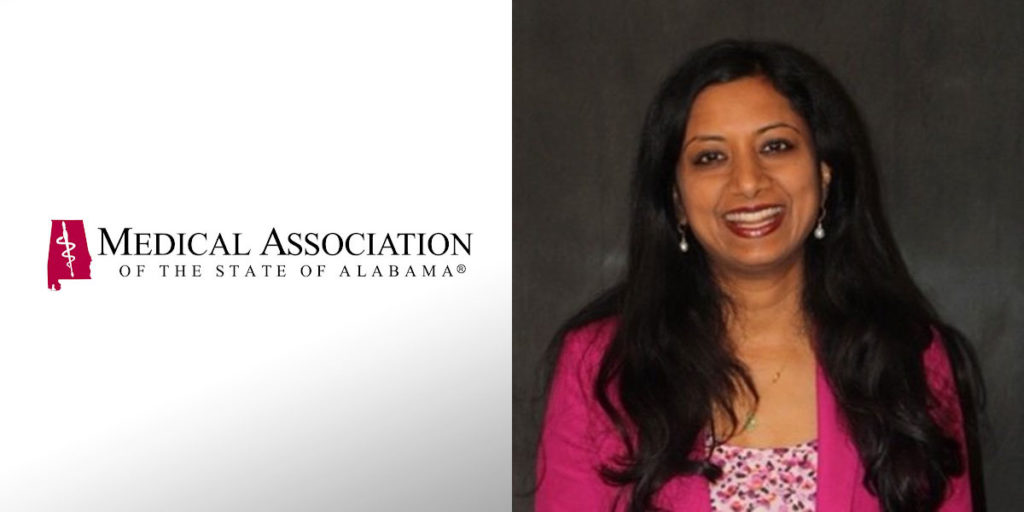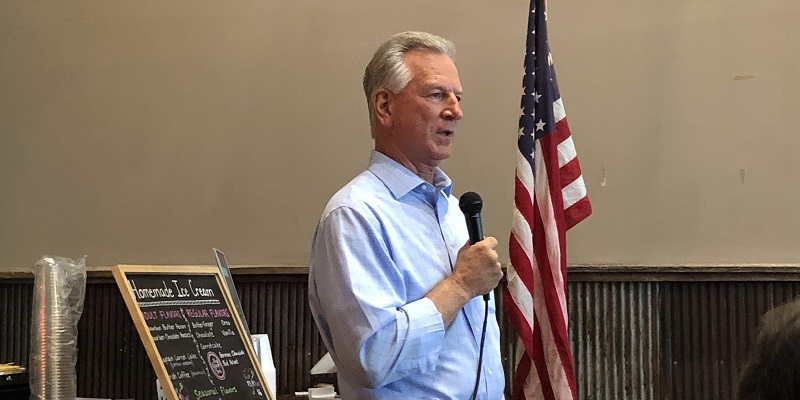Alabama Governor Kay Ivey has announced that our state is moving into an initial phase of economic recovery, known as “Safer at Home.” It relaxes restrictions on many businesses while keeping others, like restaurants, heavily limited for now. The hope is that all businesses will be allowed to resume a modified type of operation shortly.
There are good reasons to get our government back in its lane concerning our civil liberties. Our freedoms are fundamental and precious, and having them curtailed–even in a time of high risk–is a serious matter.
As we move past the initial phase of the COVID-19 pandemic, wherein many decisions were made for us by our government exercising emergency powers, we will have the right to make more decisions for ourselves and our families regarding appropriate risks and behaviors.
At this crossroads, the question begins to change.
It is no longer merely, “What am I legally allowed to do?” but also, “What is the right thing to do, both for myself and others?”
Sooner or later, we learn that freedom is another name for responsibility. You can use it wisely to bring positive outcomes to yourself and others. Or you can use it recklessly, bringing harm to yourself or others.
Public health requires cooperation among the citizenry. It is the place wherein no man is an island–we depend upon one another to achieve certain protections and outcomes for all.
It’s the same reality that we confront on the subject of vaccinations. Because of personal health challenges, some people cannot get vaccinated against severe illnesses like smallpox or measles. They depend on those of us who can receive vaccines to do so to establish “herd immunity.” Only when the disease is suppressed among the general population are they safe.
It seems that with COVID-19, there’s a similar fault line in play: much of the population appears to have little risk associated with the virus. Yet for the elderly and the immunocompromised, the risk is very real. They will only be free to return to relative normalcy and freedom when we achieve better control of the contagion. Achieving that suppression depends on several things, like better testing and the development of an effective vaccine. But you and I have a role to play, as well.
Through a Christian lens, we have an easy parallel from which to take cues. Christ tells us to love God as our first order of business, with loving our neighbor being the very next priority.
So with our restored liberty likely soon in hand–freedom to shop and dine and move about as we see fit – what does it look like to love our neighbors in a global pandemic?
I think it will often look like a willingness to be inconvenienced.
It might mean wearing the confounded mask–even though it’s itchy and hot and makes your glasses fog up–when we go into situations where social distancing is harder to maintain.
It might mean waiting your turn to get into a business that is currently at full capacity to make your purchases.
It might mean continuing to engage in some awkward social distancing gymnastics as we socialize, worship, and do business, no matter how silly it feels at the moment.
It might look like doing a few things that you would prefer not to do, and refraining from doing a few things that you would.
Doesn’t love always boil down to self-sacrifice at the end of the day? And if we’re honest, these sacrifices of compliance with best practices for reducing virus transmission are small ones.
Yes, I know this is America, and we want what we want, and we want it now. And we are accustomed to getting products, services, and experiences with dizzying speed, tailored to our desires as consumers. Flexing that muscle is a hard habit to break. But we can check ourselves if we are willing.
Bottom line: I never want the government to tell me what to do. But Jesus? He’s got some things to say to us in this moment. And I think his example encourages us to consider the least of these as we get back to business as usual, and to go the extra mile in the little things as an act of love for our neighbors.
Dana Hall McCain, a widely published writer on faith, culture, and politics, is Resident Fellow of the Alabama Policy Institute; reach her on Twitter at @dhmccain.
API is an independent, nonpartisan, nonprofit research and educational organization dedicated to free markets, limited government, and strong families, learn more at alabamapolicy.org.




